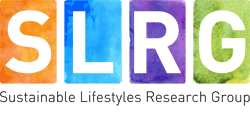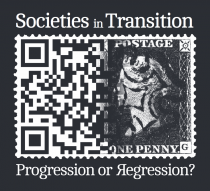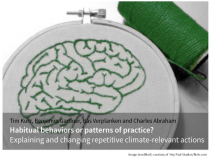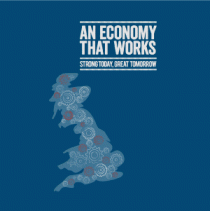- About
- Team
- Projects
- Children and the Environment
- ELiCiT (Exploring lifestyle changes in transition)
- Foundations for Sustainable Living
- HABITs
- Mapping Rebound Effects
- PASSAGE (Prosperity and Sustainability in the Green Economy)
- Policy Dialogue
- Price Responsiveness of Demand in Energy
- Resilience and Sustainable Lifestyles
- Sustainability Transitions in Food Systems
- Sustainable Living in Remote Rural Scotland
- Publications
- News
- Events
Civil society roles in transition: towards sustainable food?
| Title | Civil society roles in transition: towards sustainable food? |
| Publication Type | SLRG Working Paper |
| Year of Publication | 2014 |
| Authors | Durrant, R |
| Volume | 02 - 14 |
| Abstract | Civil society organisations (CSOs) in the UK are currently engaged in attempts to make food systems more sustainable, i.e. greener, fairer and healthier. These efforts have been maintained over several decades, for instance the Soil Associa- tion was launched in response to concerns about modern agriculture and food in 1946. But more sustainable food systems remain marginal. Thus, the aim of this paper is to contribute towards an improved understanding of the important roles that CSOs can and do play within processes of large-scale social change (or ‘tran- sitions’). It does this by developing a typology of the distinguishable roles played by CSOs in transition, and relating this to empirical findings from three UK case studies. Through a mixture of field observations, documentary analysis and in-depth interviewing, it makes a number of relevant findings. First, it provides detailed em- pirical characterisation of the activities, relationships with other actors, and stated intentions of specific CSOs. Second, it finds that CSOs chart unique transformative pathways, both individually and collectively, which emerge from their interactions and strategic repositioning over time. Third, rather than being guided by a single shared vision of transition, CSOs are found to be engaged in a plurality of intended transformations that contend with, cross-cut and partially encompass each other. These findings contribute to scholarly knowledge about how civil society actors exert influence over much larger and better-resourced actors operating within mainstream food systems and raises important questions about the attribution of agency in studies of transition. |













